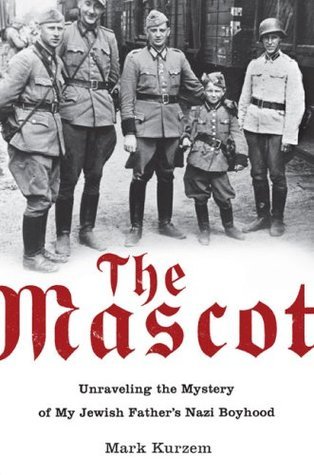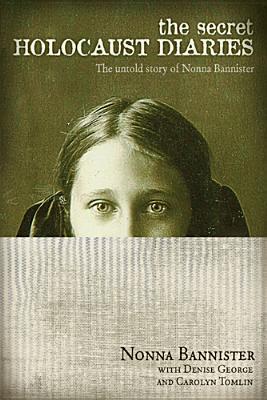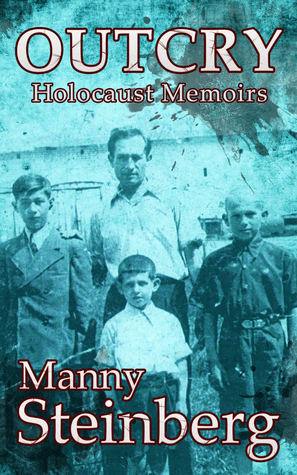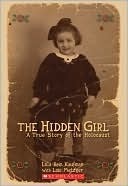
The Mascot: Unraveling the Mystery of My Jewish Father's Nazi Boyhood
Book Description
A young boy raised under the shadow of the Nazi regime becomes an unwitting mascot in a world steeped in horror and deception. As he navigates a childhood marked by chilling secrets and betrayal, the stark contrast of innocence and brutality unfolds in a gripping tale of identity and survival. Mark Kurzem dives deep into the complex web of his Jewish father's past, revealing haunting truths that challenge the very essence of memory and legacy. What sacrifices define a man's life, and can love truly overcome a history stained by hatred? Unravel the mystery and discover the power of redemption.
Quick Book Summary
"The Mascot" by Mark Kurzem delves into the harrowing odyssey of his father, Alex Kurzem, a Jewish child who, through a twist of fate and a desperate need for survival, became the unwitting mascot of a Nazi unit during World War II. Blending biography and historical investigation, the book traces Mark's quest to unravel his father's hidden past—one Alex spent decades suppressing out of fear, shame, and trauma. This memoir explores the powerful intersections of childhood innocence, identity, memory, and the cost of survival amid atrocity. By confronting forgotten family secrets and uncovering startling truths, Mark grapples with the legacies of war, the possibility of redemption, and the unyielding strength of filial love.
Summary of Key Ideas
Table of Contents
Survival through Identity Transformation
Mark Kurzem embarks on a journey to uncover the truth about his father Alex's mysterious childhood during World War II, after Alex confesses a lifelong secret. As a small Jewish boy in Belarus, Alex survived the Nazi slaughter of his family by wandering alone and ultimately ingeniously hiding his identity. After being discovered by a Latvian police battalion collaborating with the Nazis, Alex’s Aryan features allow him to be adopted as their young mascot, publicly celebrated and even used in propaganda—a cruel irony, given his origins.
The Duality of Innocence and Horror
Within the battalion, Alex is forced to live a double life: paraded as a good-luck symbol for soldiers while internally struggling with the knowledge of his heritage and the fate of his real family. The psychological torment of suppressing his true self, coupled with witnessing brutality around him, shapes his formative years. The innocence of his youth is sharply contrasted by the surrounding violence, and survival depends on a perilous game of concealment. Alex experiences the wrenching conflict between wanting affection and needing to remain invisible in a world where identity could mean death.
Fragmented Memory and Secrets
Mark’s investigation is central to the memoir, as he painstakingly traces the fragments of Alex’s past across war-torn Europe. Piecing together records, testimonies, and fading recollections, Mark reconstructs the journey of a lost child navigating one of history’s darkest eras. This search forces both father and son to confront intergenerational trauma and unspoken family pain. Mark’s drive to unearth the truth is fueled not only by intellectual curiosity but also by a profound desire to understand his father and heal their family’s legacy.
Inherited Trauma and Family Reckoning
Throughout the narrative, the book interrogates the nature of memory—how trauma can fragment and distort personal histories, and how forgetting can be both protective and perilous. Alex’s repressed memories resurface painfully yet provide an opportunity for catharsis and reconciliation. The process of telling his true story becomes both a burden and a release, allowing for the possibility of redemption and letting go of decades of secrecy etched by survival guilt.
Redemption and the Search for Truth
The memoir concludes with reflections on forgiveness, love, and the transformative power of truth. Mark and Alex’s journey illuminates how facing personal and collective history is essential, even when stained with horror and paradox. Their story challenges the reader to reconsider the boundaries of innocence, complicity, and survival—and reveals how compassion and understanding can transcend even the most painful pasts.
Download This Summary
Get a free PDF of this summary instantly — no email required.





